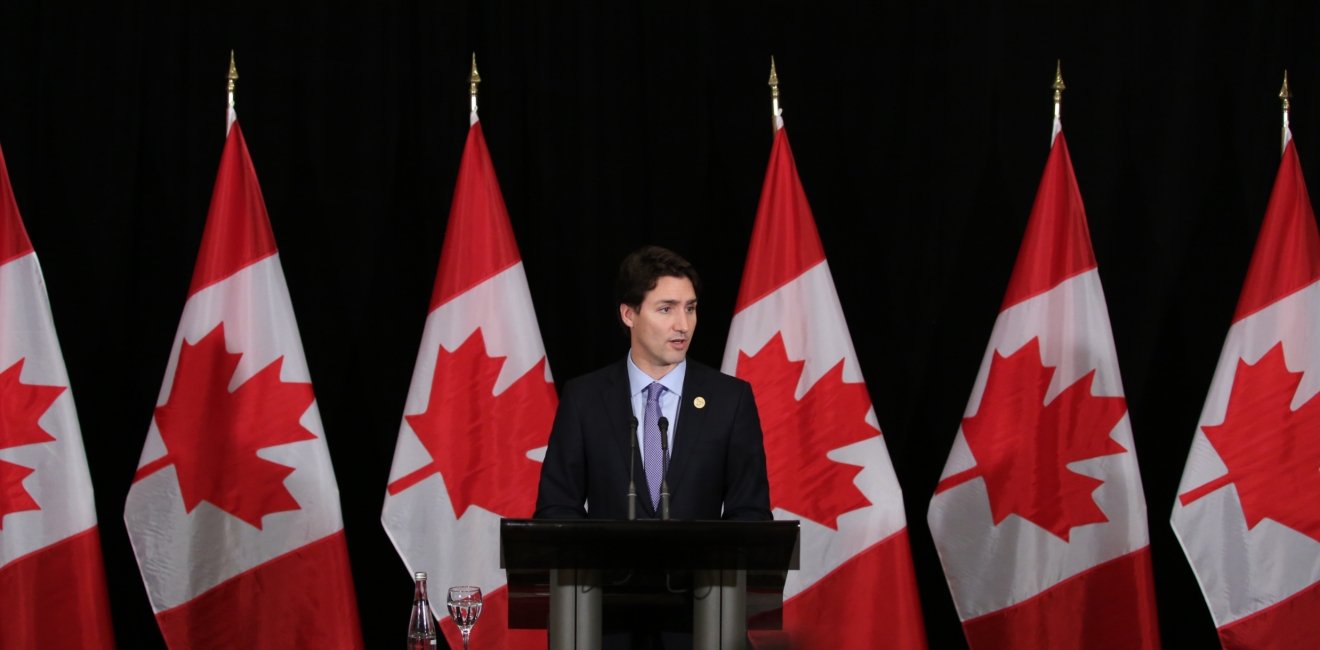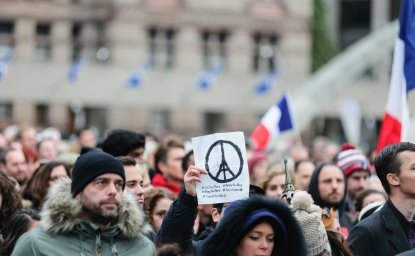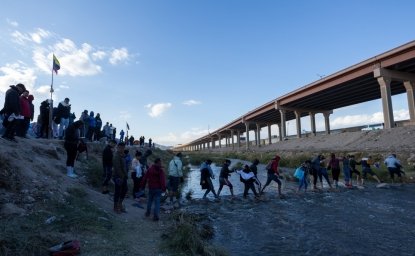Justin Trudeau, the new Canadian prime minister, promised in his campaign to do more to help Syrian refugees and end Canada’s participation in airstrikes against ISIS. The Paris attacks challenge Trudeau to either stay the course or respond with more hard-line positions.
Prime Minister Trudeau has stated that he will, as planned, withdraw Canada’s six CF-18 jets from the airstrike campaign, but will also increase Canadian support on the ground through advisors to Kurdish forces and information sharing. Although domestic pressure is mounting to keep its jets in the air, the support that Canada was providing was voluntary and, with only six jets, was not consequential. Canada’s expertise on the ground will be of much greater value to the coalition to destroy ISIS.
Although Canada’s contribution to the air war against ISIS is relatively minor, its information and intelligence capabilities are an enormous help in attempting to stop attacks both in Europe and North America. Canada’s channels for information sharing with the United States are robust and well established. These channels will be particularly important to ensure that Canada’s planned admission of 25,000 Syrian refugees does not undermine North American security and that no one attempting to enter Canada is on a U.S. watch list. Opposition parties in Canada, however, are questioning the government’s capacity to admit refugees quickly and securely. Although this political scrutiny may result in a slowdown of refugee processing, a suspension is very unlikely.
The Paris attacks challenge Trudeau to either stay the course or respond with more hard-line positions.
Another test for Trudeau will be his proposed changes to the C-51 antiterror bill and how his reforms will affect Canada’s intelligence-gathering operations. Opponents of the C-51 bill, which was enacted in the wake of ISIS-inspired attacks in Quebec and Ottawa in October 2014, believe that it gives excessively broad investigative powers to the government. Prior to the Paris attacks, Prime Minister Trudeau planned to “repeal, in collaboration with the Minister of Justice, the problematic elements of Bill C-51 and introduce new legislation that strengthens accountability with respect to national security and better balances collective security with rights and freedoms.” The question for the justice minister to decide is whether the events in Paris will affect the balance between freedom and security.
U.S. policy changes will also have an inevitable effect on Canada, especially with regard to changes affecting border security. Initiatives such as Beyond the Border, a bilateral arrangement to harmonize inspection regimes and cooperate on shared security, could be affected in the post-Paris era.
Although the Paris attacks represent the first global crisis for the new Trudeau government, Canada’s immediate policies and plans likely will remain unchanged. These attacks are not a game changer for Canadian foreign policy, but they may add a more pragmatic dimension to a campaign that was focused on rebuilding Canada’s image as an open, accepting force for good in the world. Nonetheless, Canadians are not naïve: the October 2014 terrorist attacks on Canadian service personnel brought home the realization that no one is immune from terror.
The opinions expressed here are solely those of the author.






